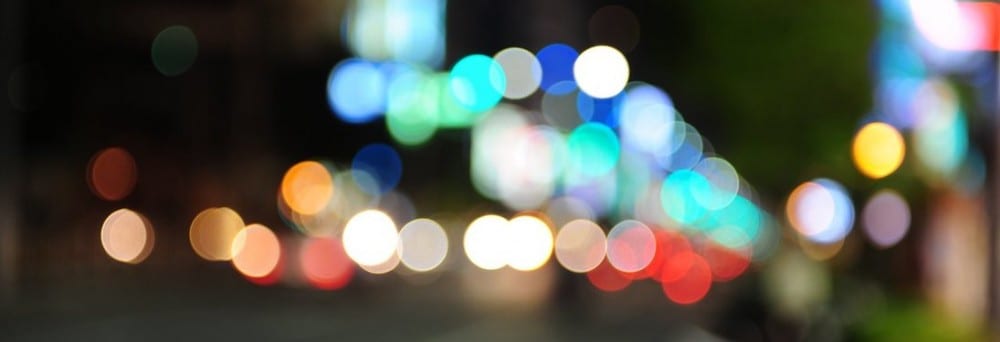When developing our concept in order to reflect the day on which we are performing, election day, we began giving our piece a more political focus and began researching Situationist ideologies.
“The Situationists, were the first revolutionary group to analyse capitalism in its current consumerist form.” (libcom.org, 2006)
This international organisation of social revolutionaries expanded upon Marxist theory and avant-garde art movements. Guy Debord for example wrote his The Society of the Spectacle, a critique of contemporary consumer culture, in which the Spectacle refers to the control the media and commodities have over the passive consumers.
“Situationist tactics included attempting to create “situations” where humans would interact together as people, not mediated by commodities. They saw in moments of true community the possibility of a future, joyful and un-alienated society.” (libcom.org, 2006)
After discovering this, it was inspiring for us to see how our performance piece reflected this theory of the ‘spectacle’. I particularly felt that our chosen site inspired us to question the consumerist nature and human interaction we witness within it. But also, our piece is to ‘create a situation’ where “humans would interact together as people not mediated by commodities” (ibid) reflective of the situationist ideologies.
We aim to disrupt the flow of the consumers in the high street by having a simple, human conversation with them whilst also questioning the environment around us and the ‘spectacle’ of society by inviting them to use pervasive media to access our performance, through QR codes.
libcom.org (2006) Situationists – an introduction [online] Available from: https://libcom.org/thought/situationists-an-introduction. [Accessed on 1st May 2015]
Best, S, Kellner, D (1999) Debord and the Postmodern Turn: New Stages of the Spectacle. [online] Available from: http://pages.gseis.ucla.edu/faculty/kellner/Illumina%20Folder/kell17.htm [Accessed on 1st May 2015]
Wikipedia (2015) Spectacle (critical theory) [online] Available from: http://en.wikipedia.org/wiki/Spectacle_%28critical_theory%29. [Accessed on 1st May 2015]
